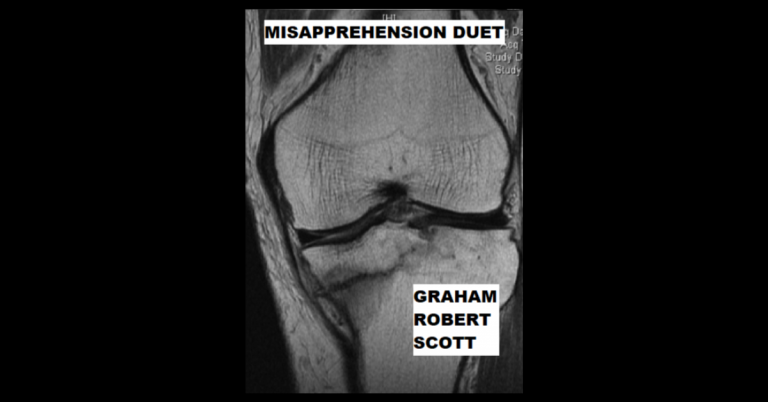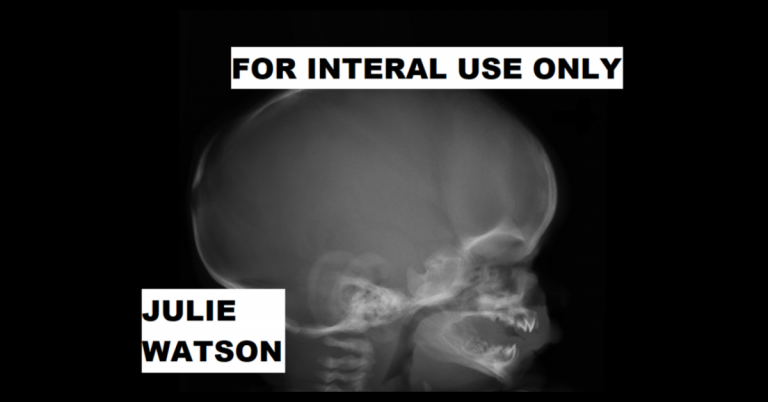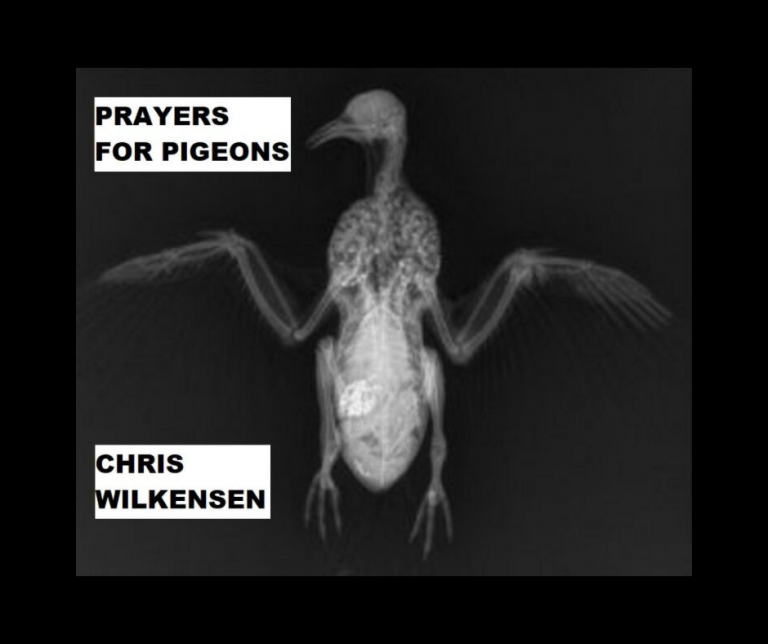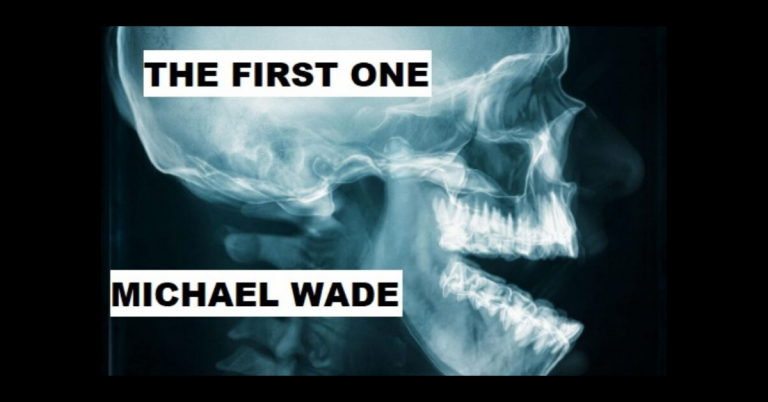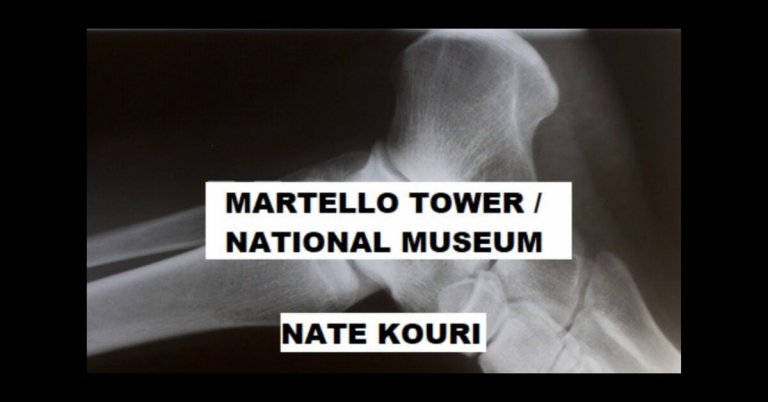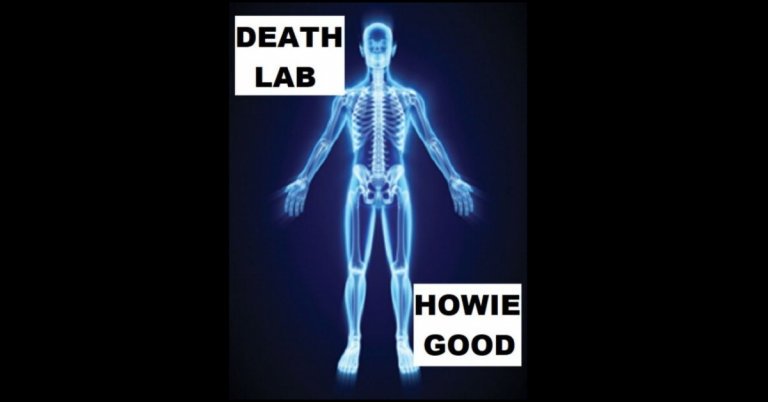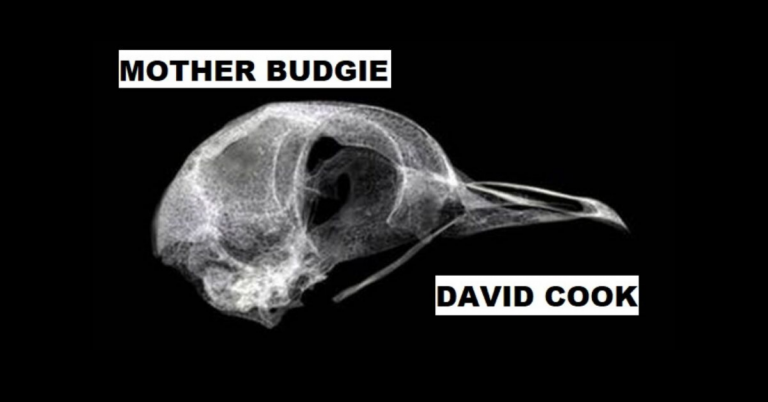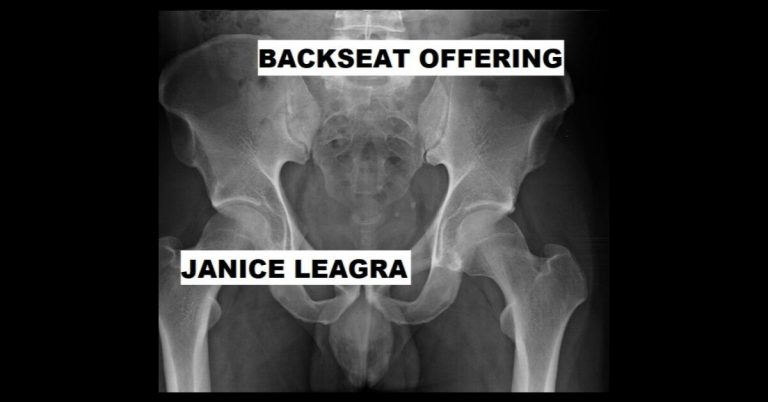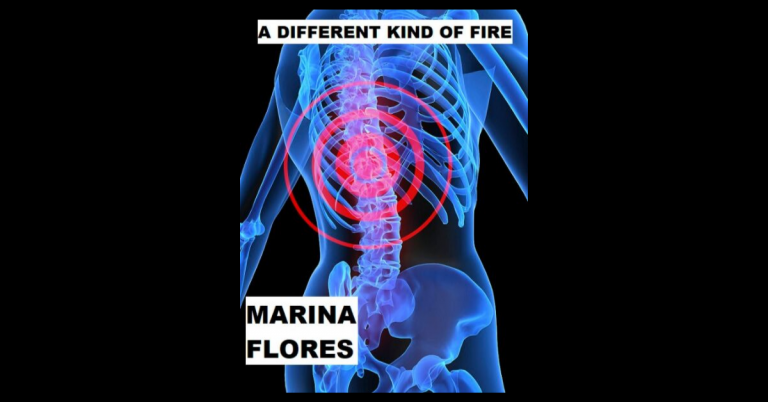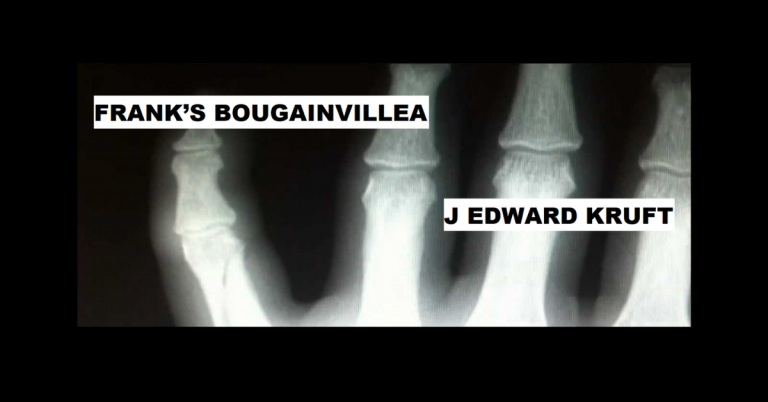
FRANK’S BOUGAINVILLEA by J. EDWARD KRUFT
“When Joey’s husband died,” Stefania stage-whispered to their guests, “he was out of his mind. You know, they moved here to begin with partly because of Frank’s house. Really! Joey’s been…what?...well, obsessed really isn’t worded too strongly.
“You know, it’s only a half a mile from here, as a crow flies.”
The outdoor speakers crackled and Stefania shook her head. “Gerry Rafferty! It’s his newest thing. Who the fuck is a Gerry Rafferty fan? I swear to God, I shit Baker Street.”
Joey approached and Stefania placed a finger to pursed lips.
“Is she boring you with the bougainvillea story?” he asked, while Stefania wondered, a hair’s breadth from doing so aloud, if his gut was even bigger than it was yesterday.
“Who’s up for a dip?” asked Stefania.
“Dip? I didn’t make dip….” said Joey.
“Dip. In. The. Pool,” clarified Stefania. “You old poop.”
“Oh. Oh oh oh oh oh.”
“I’ll dip,” said the man who was way too old to still have a left-ear earring.
“There are trunks in the bin over there. Or,” said Stefania, “you’re welcome to go au natural.”
“Stefanie!”
“SteFAnia!”
The guests laughed and Joey threw up his arms and marched off to pretend to fuss with the grill.
“Anyway,” Stefania continued, “this space here was nothing but desert – a patch of bleck.”
“SteFAnia!” called Joey. “Do you know where the corn-on-the-cob holders are?”
“Corner cabinet!” she yelled. “When our husbands were alive, we’d visit and I’d say to him, I’d say: “Joseph Andrew, for Christ’s sake, why the fuck don’t you do something about this bleck of a spot? You have this pool, mountain views, the fire pit…all you need is an outdoor wet bar and something to color-fy this Godforsaken bit of earth.”
“I can’t find them!” bellowed Joey.
“CORNER CABINET!”
“Oh. Oh oh oh oh oh.”
The man too old for the left-ear earring splashed into the pool – au natural – causing Stefania to wince for reasons she couldn’t list in mixed company.
“Found them!” yelled Joey.
Stefania shook her head. “Such an ass. Anyway, it is now, if you ask me, the loveliest spot in the yard. Look at that color! It transforms the aesthetic, n’est-ce pas? And really, what is a house in this town without bougainvillea? Tell me. Tell me!” The guests smiled and a few seemed content that it was time to move on. “Oh,” warned Stefania, “that’s the end of the story, but it’s not really the story. Don’t you dare wander off, now!”
When Joey first heard the story, he was dubious. To this day, he has moments of doubt. But then he stops himself in his resentments and thinks: it’s Stefanie…SteFAnia…so yes, it is possible.
They were drunk, of course. Dov had just died and Joey was thinking of selling the house and moving up north to be nearer his sister and nephews.
“It really gives me an ass rash,” she’d said.
“Must we discuss your sex life again?”
“That shit-brown spot over there. Look at it. Look at it!” In Joey’s version, she went on and on and on, until he passed out on the lounge chair and awoke the next morning in his smoking jacket to find all of his mother’s good teacups on the patio table, filled with water and steeping starts of bougainvillea.
Stephanie was smoking nearby.
“What the hell is all of this?” he’d asked.
As Stefania tells it to their guests, including the man too old for a left-ear earring, who had cozied himself to the side of the pool, no doubt, thinks Stefania, with his nether-region positioned over one of the pool jets: “Joey was passed out, on that we agree. Third time that week I was abandoned to his drunkenness. Which, I have to say, surprised me some: used to be he could hold his liquor. But we were all younger once, right? RIGHT?”
Joey slid over from where he pretended to be fussing with the grill, something of a Cheshire grin on his unshaven face, for though he enjoyed ribbing her about it, he couldn’t help but love this story.
“Look who’s suddenly alive,” said Stefania, to which Joey put one hand to his hip, and the other reflexively gave her the finger.
“I said to myself, I said: ‘Stefania, you’ve been griping about that little piece of shit-earth for almost a decade. So shut the fuck up and do something about it already,’ right? RIGHT?
“And that’s when it struck me. Really, it is like lightning. Not that I’ve been hit by lightning. I was hit in the head by a golf-ball-sized piece of hail once (Joey: explains a lot) and that’s no trip to Joshua Tree. Anyway, I’m creative, I can imagine, after all. So yes, it was just like being hit by lightning.
“Off I go, hither and thither, stumbling up Indian Canyon and around the bend at Movie Colony, up Alejo Road to the front gate. I’d been there once for a fundraiser and I knew about the bougainvillea. It was everywhere. I remember having this thought about the gardeners who might have planted it back in the 50’s, maybe under Ava’s watchful eye, RIGHT? Gus and Ritchie is what I call them, and in my mind’s eye they were business partners, but sometimes, after a day’s work in the desert sun and a few cans of Schlitz, they were also fuck buddies….”
“She climbed over the Goddamned WALL!” exclaimed Joey, unable to contain himself.
“You fucking POOP! How dare you hijack my story!”
“She climbed over the wall and stole Frank Sinatra’s bougainvillea! STOLE IT!”
“Of course,” she added, already over Joey’s rudeness, “Frank hadn’t actually owned the house in 50 years, but still.”
“But still!” echoed Joey, looking at her with a fondness that was reserved for the few.
“But still,” she said, returning the look.
“Yeah,” he said.
“Fuck you. You old POOP, you.”
And at that, Baker Street began to play.

